Study at the Chair
Curious and open to new perspectives, our team brings together experts in participatory research, community engagement, medicine, psychology, anthropology, social sciences, public health, management and social innovation.
The Chair provides a rich training environment for students, practitioner-researchers, patient-researchers and postdoctoral fellows. By joining the Chair to develop your research project, you will be part of our action research team bringing together researchers, patients, clinicians, and members of the community.
You will be part of an extended team of more than 20 researchers, 7 patients and citizen partners and several health and community partners.
You will have the opportunity to get involved in research tasks corresponding to your interests and skill level, from project design to dissemination of results. You will participate in our weekly scientific meetings and benefit from individual mentoring and coaching.
You will be supervised by Dr. Antoine Boivin, Chairholder (Department of Family Medicine, Université de Montréal) and adjunct professor in the McGill family medicine program, with the possibility of co-supervision with a researcher from another department or university.
Our Values
Mutually Beneficial, Inclusive and Sustainable Partnerships
Respect, Collaboration and Reciprocity
Humility, Humanity and Community Involvement
Equity, Diversity and Inclusion
Education funding
Funding opportunities
- Canada Graduate Scholarships – Doctoral (CGS D) and Master (CGS M) of the Social Sciences and Humanities Research Council (SSHRC), Canadian Institutes of Health Research (CIHR), and Natural Sciences and Engineering Research Council of Canada (NSERC)
- University of Montreal Scholarships
- UdeM First Nations, Inuit and Metis communities welcome scholarships (french instructions)
- CRCHUM Scholarships
- Ministry Loans and Bursaries
- Other scholarships are available depending on your university, faculty or affiliated center
- Auxiliary teaching and research contracts
- Private donors
Current students
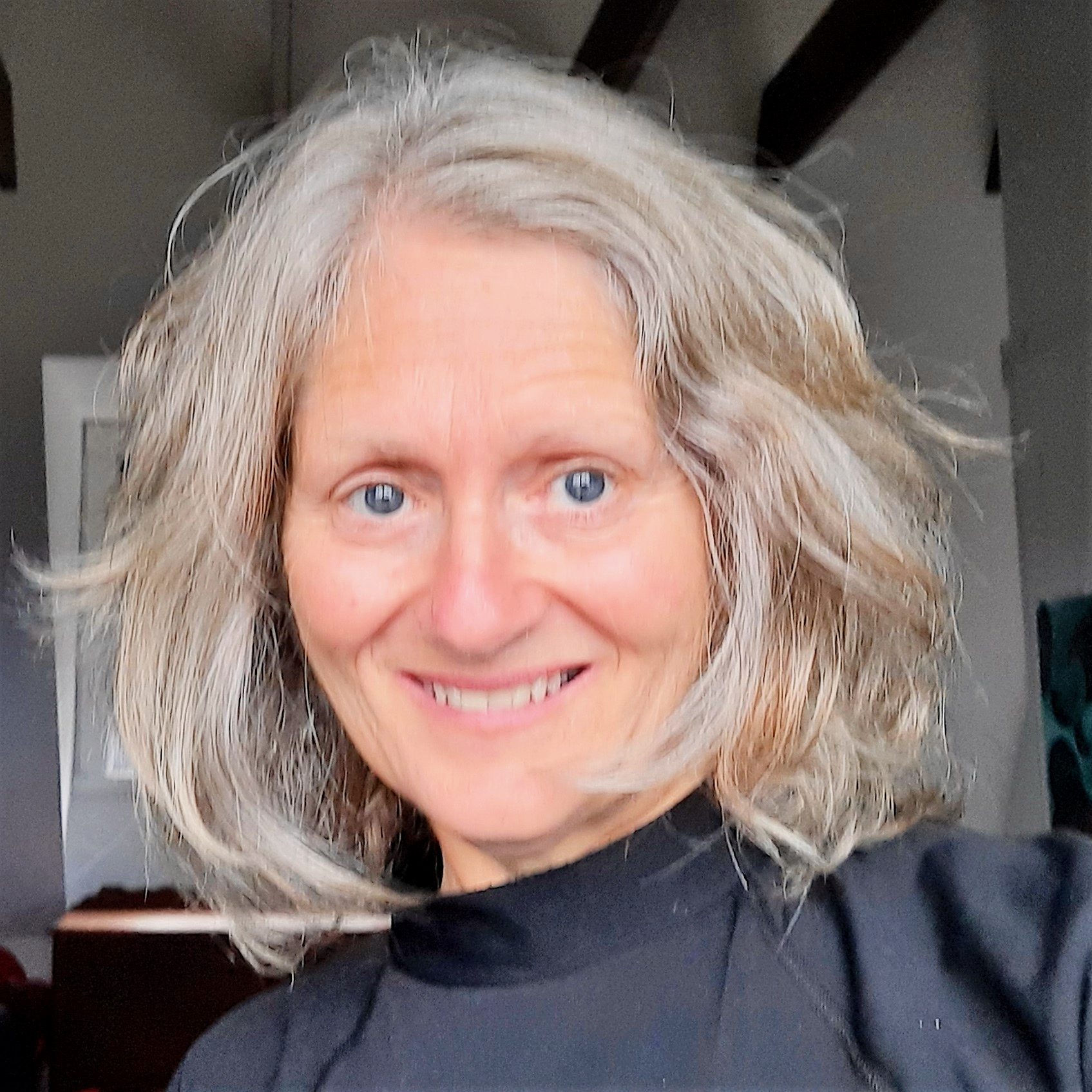
Christine St-Onge
Master’s degree in biomedical sciences – patient partnership option (2021-)
Research project: The participation of parent groups in the organization of midwifery services in Quebec.
Midwifery services have been offered in the health care system since 1994. Parent groups advocacy for access to a demedicalized approach to birth contributes to the development of these services. The birth centre is also the place where midwives practice and where parent groups participate in the organization of services by offering community activities. Nearly 30 years after the establishment of services, what is the status of parent group participation?
The objective of this study is to explore the phenomenon of parent group involvement in the organization of midwifery services from the perspective of parents and midwives.
This qualitative research will describe the dimensions of the concept of participation, the factors that promote participation, and the perceived barriers. The desired outcome is an updated understanding of the concept of participation from the perspective of today’s parent and midwife groups.
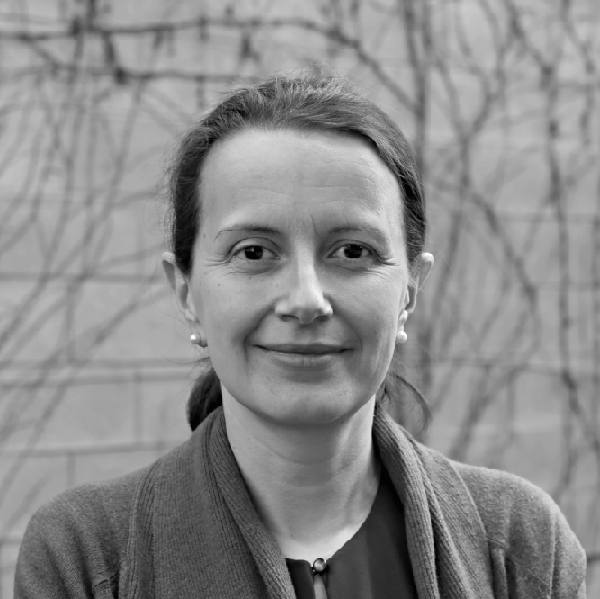
Vera Granikov
Postdoctoral Fellow (2022- )
Research project: Building Critical Health Literacy Capacity in Partnership with Communities
The COVID-19 pandemic has highlighted the overload and complexity of health information. Some information can be difficult to understand, contradictory, unreliable, or potentially harmful. This reinforces the importance of health literacy, the skills needed to find, understand, and use information to make informed decisions. Critical health literacy focuses on the individual and collective ability to critically evaluate and filter information from a variety of sources. Collaborative learning, based on knowledge sharing and reciprocal learning, may improve critical health literacy skills, but more research is needed to understand how and why. In addition, improving health literacy skills must be viewed as a mutual learning process and a shared responsibility between information providers (e.g., professionals) and information users (e.g., patients, citizens).
Using an action research approach with various stakeholders (patients, citizens, health professionals, community partners) and a case study design, this project aims to understand (1) what resources community members have access to or need to improve critical health literacy capacity, (2) how collaborative learning can influence critical health literacy capacity, and (3) what is needed to sustain and expand collaborative learning initiatives to build critical health literacy capacity in different communities.
This research addresses the practical need for innovative health literacy interventions co-developed with communities. The findings will be useful to community partners, librarians, health and education organizations. Improving critical health literacy will contribute to personal and community care, community development and health promotion. Finally, the project may enable participants to become health literacy advocates in their communities.
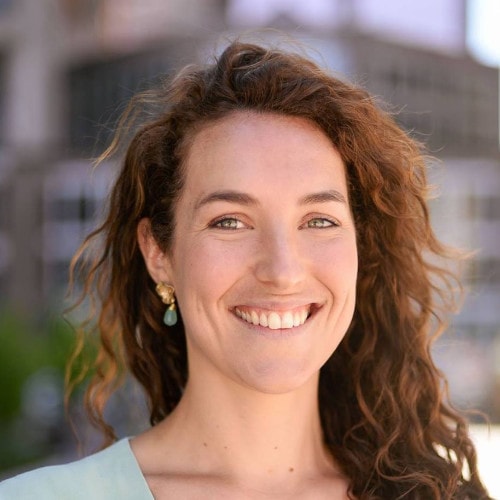
Myriam Fournier-Tombs
PhD Student (2022- )
Research project: Soon

Odile-Anne Desroches
PhD Student (2024- )
Master’s degree in Public Health (in French)
University of Montréal (2022-2024)
Webinaire Chaire RISS (in French)
(February 21, 2024)
Research project: Integrating peer support workers in homeless care: effects on the resilience of people experiencing homelessness, care teams and communities
As visible homelessness continues to rise, those affected face major health consequences due to a combination of chronic conditions, limited access to care, fragmented services, and stigma. These challenges are rooted in structural determinants such as housing, poverty, and discrimination, highlighting the need to rethink interventions with people experiencing homelessness beyond punctual, individual approaches.
This project focuses on critical resilience—an active adaptation process oriented toward developing alternative practices and driving transformation. In this context, peer support can be seen as a lever for critical resilience, where peers, through their lived experience, can build trusting relationships, facilitate navigation between services, and contribute to the transformation of the care teams in which they are integrated.
This project will explore how peers can support critical resilience in the context of homelessness at three levels:
(1) among people experiencing homelessness who receive peer support,
(2) within care teams that integrate peer workers, and
(3) in communities affected by homelessness.
This participatory research will use qualitative methods, including observation, interviews, and documentation. Highlighting the strategies used to foster resilience will also help identify actions that can strengthen the agency of individuals and communities in the face of the structural determinants of homelessness.
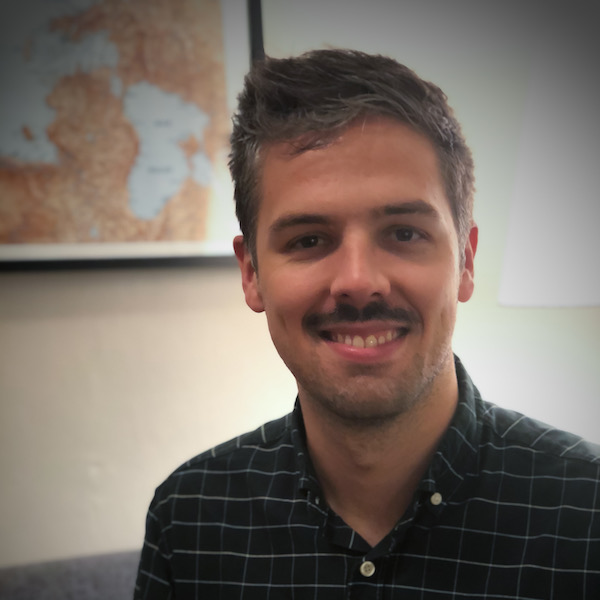
Mathieu Isabel
PhD Student (2022- )
Dalla Lana School of Public Health
University of Toronto
Social and Behavioral Health Sciences Department
Research project: The integration process of peer support workers in two Montreal primary care clinics for people experiencing homelessness
Soon
Former Students
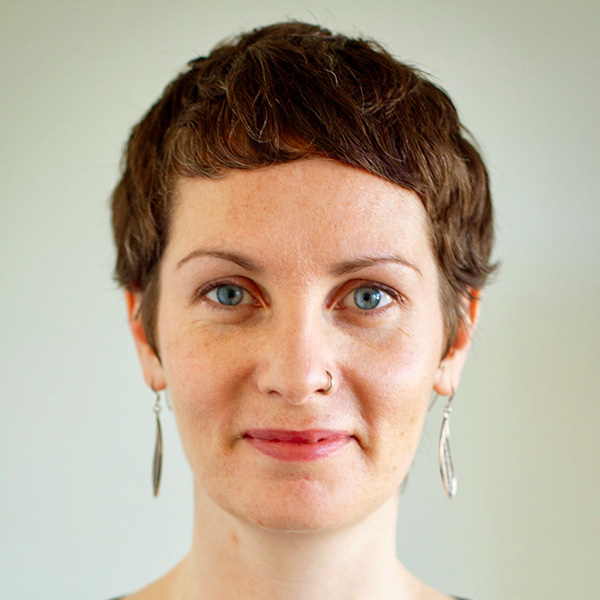
Nadia O’Brien
Postdoctoral Fellow (2019-2021)
Post-training position: Researcher/Analyst at the Public Health Agency of Canada
Research project: Évaluation évolutive d’une intervention complexe de partenariat avec les patients et la communauté.
Nadia O’Brien is a postdoctoral fellow with the Canada Research Chair (CRC) in Partnership with Patients and Communities. She was awarded the prestigious postdoctoral award, the CIHR-Strategy for Patient Oriented Research (SPOR) – Transition to Leadership Stream. She earned her PhD in Family Medicine and Primary Care from McGill University, a Master of Public Health (MPH) from Simon Fraser University, and an Undergraduate degree in Medical Anthropology from the University of Toronto. Nadia’s interest for participatory approaches to health research and heath interventions has been cultivated though her work with community-led structural interventions by and for sex workers in India, research led by Indigenous women in Quebec, and during her PhD with the participatory research team of the Canadian HIV Women’s Sexual and Reproductive Health Cohort Study (CHIWOS). Within the CRC’s Caring Community project, she is currently leading a Developmental Evaluation of a peer support intervention aimed at supporting complex patients within a primary healthcare team, as well as the evaluation of a peer support pilot project for people experiencing homelessness in Montreal during the COVID-19 pandemic. Nadia is also involved with a national research team aiming to create a SPOR patient engagement evaluation framework, she is leading the third objective of the grant focused on adapting the framework to distinct populations.

Mathieu Bouchard
Postdoctoral Trainee (2019-2021)
Post-training position: Assistant Professor of Health Policy and Strategy, Telfer School of Management, University of Ottawa
Research project: Construction collective des connaissances expérientielles en contexte professionnel: le cas du partenariat patient en recherche.
Mathieu Bouchard has been collaborating with the the Center of Excellence on Partnership with Patients and the Public (CEPPP) and its founders for several years now. He initially acted as patient partner in medical training, and then increasingly in participatory research projects related to organizational governance. He completed in 2019 a PhD at the Management Department of HEC Montréal. His thesis, based on a comparative ethnography of three patient movements in mental health care, analyzed client action in professionalized fields. The jury recommended this thesis for the prize of the best doctoral thesis of the HEC.
Before doctoral studies, Mathieu has worked for several years in asset management for large pension plans. He holds an MBA and a Chartered Financial Analyst (CFA) designation. Between finance and doctorate, he has lived a profound meaning crisis and experienced mental health care, which has nourished his interest in mutual aid groups and peer work. Mathieu is currently applying for postdoctoral fellowship with CEPPP to study the collective construction of knowledge in health-related experiential communities.
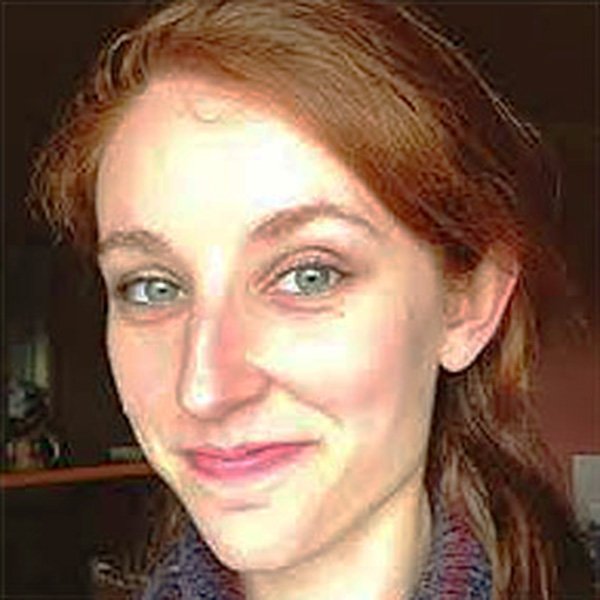
Marie-Pierre Codsi
MSc student in Medical Education. University of Montréal (2016-2019)
Post-training position: Clinical professor, Department of Family Medicine at the University of Montreal
Research project: Enjeux identitaires du partenariat avec les patients en soins de première ligne.
Marie-Pierre Codsi is a family physician, graduated in 2016 from Université de Montréal. She practices at the Notre-Dame family medicine clinic in Montreal where she conducts clinical and supervision activities for family medicine students and residents. She is a professor in clinical teaching at the Department of Family Medicine and Emergency Medicine at Université de Montréal. In collaboration with the Chair, she completed in 2019, with exceptional distinction, a Master’s of Research in Pedagogy of Medical Sciences on the impact of partnership with patients on the identity of healthcare professionals.
Communications:
- Codsi M, Karazivan P, Rouly G, et al. Changing relationships: how does patient involvement transform professional identity? An ethnographic study. BMJ Open 2021;11:e045520. doi: 10.1136/bmjopen-2020-045520
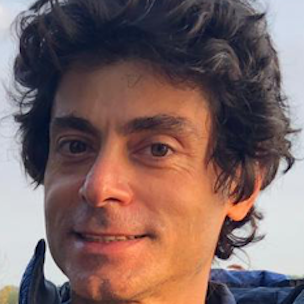
Onat Ekinci
(2020-2021)
Research project: Innovations communautaires en réponse aux problématiques d’isolement social des aînés

Yi Sheng Chao
Postdoctoral Trainee (2014-2017)
Post-training position: Clinical Research Officer, Canadian Agency for Drugs and Technologies in Health
Research project: A network perspective on patient engagement
Description to come
Communications:
- Chao Y-S, Scutari M, Chen T-S, Wu C-J, Durand M, Boivin A, et al. (2018) A network perspective of engaging patients in specialist and chronic illness care: The 2014 International Health Policy Survey. PLoS ONE 13(8): e0201355. https://doi.org/10.1371/journal.pone.0201355
- Chao, YS., Wu, Ht., Scutari, M. et al. A network perspective on patient experiences and health status: the Medical Expenditure Panel Survey 2004 to 2011. BMC Health Serv Res 17, 579 (2017). https://doi.org/10.1186/s12913-017-2496-5
- Chao YS, Durand M, Boivin A. Comparing the socio-demographic characteristics of patient partners with Canadian patients. North American Primary Care Research Group (NAPCRG) Annual Meeting, Montréal, Canada, 17-21 novembre 2017
Ressources
Community initiative co-led with patients could improve care for people with complex health and social needs
Boivin A, Rouly G.
British Medical Journal (Partnership in Practice). February 28, 2020
Patient and public engagement in research and health system decision making: A systematic review of evaluation tools
Boivin A, L’Espérance A, Gauvin F-P, et al.
Health Expect. 2018;00:1–10. https://doi.org/10.1111/ hex.12804
Changing relationships: how does patient involvement transform professional identity? An ethnographic study
Codsi M-P, Karazivan P, Rouly G, et al.
BMJ Open 2021;11:e045520. doi:10.1136/bmjopen-2020-045520
Evaluating patient and public involvement in research
Boivin A, Richards T, Forsythe L, Grégoire A, L’Espérance A, Abelson J et al.
in research BMJ 2018; 363 :k5147 doi:10.1136/bmj.k5147
Growing a healthy ecosystem
Boivin A, Dumez V, Fancott C, L’Espérance A.
Healthcare quarterly. 2018 Dec; 21(SP):73-82. doi: 10.12927/hcq.2018.25634.
Developing a Canadian evaluation framework for patient and public engagement in research: study protocol Open Access
L’Espérance, A., O’Brien, N., Grégoire, A. et al.
Res Involv Engagem 7, 10 (2021). https://doi.org/10.1186/s40900-021-00255-4
Covid-19 - a pivotal moment in community care
Boivin A, Penafiel M, Rouly G, Lahaie V, Codsi M, Isabel M, White-Guay B.
British Medical Journal (BMJ Opinions). April 7th 2020.
Co-construire la santé en partenariat avec les patients et le public : historique, approche et impacts du « modèle de Montréal »
Boivin A, Flora L, Dumez V, L’Espérance A, Berkesse A, Gauvin FP.
Chapitre dans “La participation du public”. Editeurs: Christian Hervé et Michelle Stanton Jean. Editions Dalloz. 2017
From Craft to Reflective Art and Science
Boivin A.
International Journal of Health Policy and Management. 2018; 8(2), 124-127.
